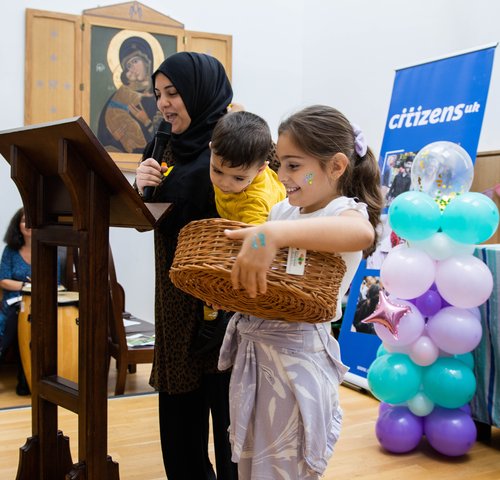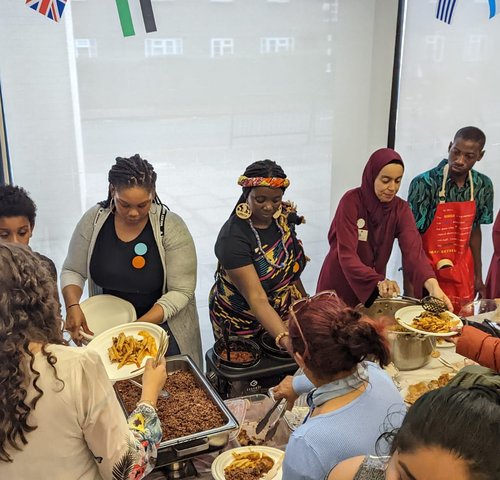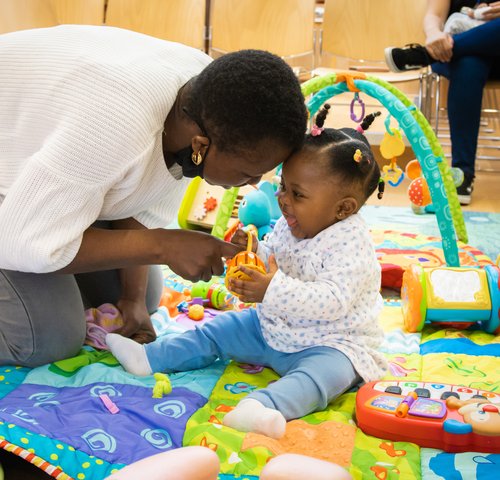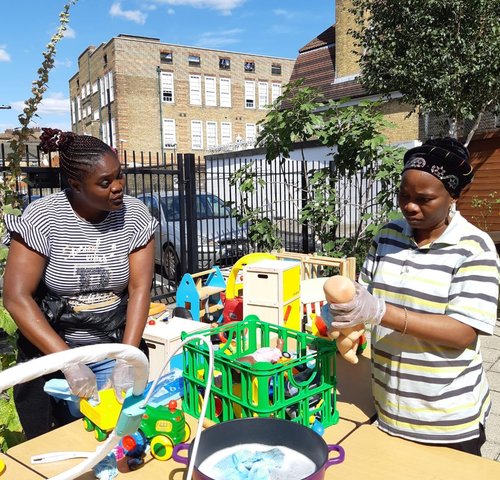Palenqueras - African Ancestry in Colombia
Palenqueras - African Ancestry in Colombia by Danna Michelly Quinones Rodriguez
In celebration of Black History Month, PACT's Danna shares the story of Las Palenqueras, symbols of African heritage in Colombia.
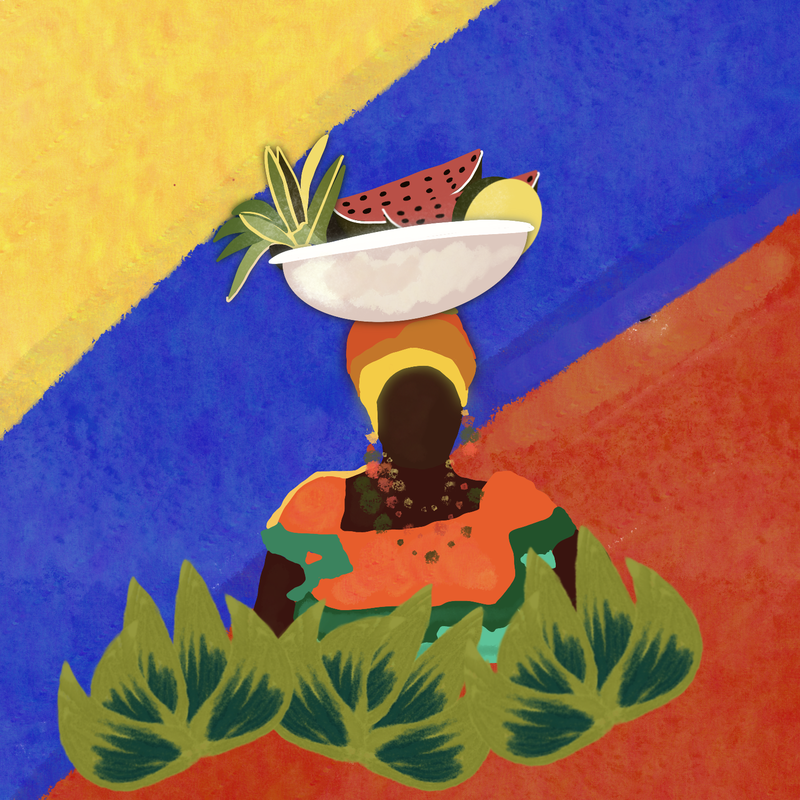
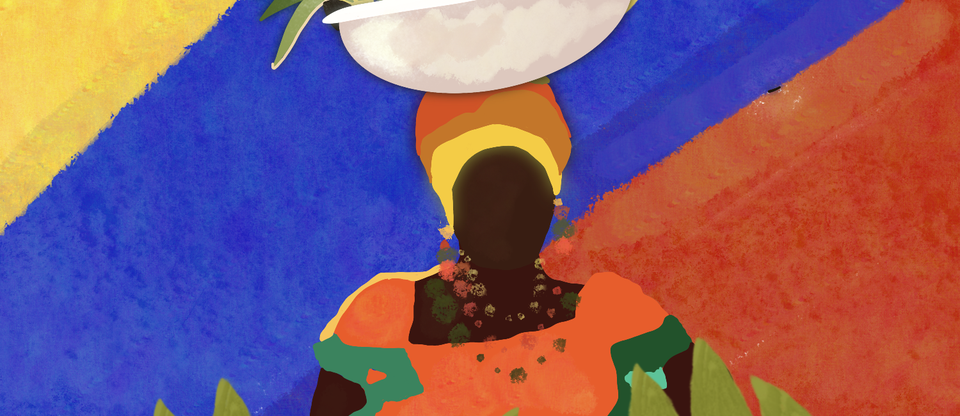
Palenqueras are warrior women that represent the African heritage in Colombia.
Las Palenqueras son mujeres guerreras que representan la herencia africana en Colombia, Cartagena, Palenque de San Basilio es muy conocido, porque fue el primer pueblo liberado de los colonizadores españoles en las Américas, debido a las horribles condiciones de los esclavos donde vivían en ese momento. , existía un hombre llamado Benkos Biohó que pudo huir junto con varios de sus compañeros. Muy cerca de la Serranía de San Jacinto, establecieron rutas para librar batallas y liberar a los esclavos negros de Cartagena y las naves aledañas. Esto para llevarlos a su fuerte, fundado en 1603.
Más de 200 años antes de que Colombia se independizara de España, se fundaron las tierras libres de San Basilio de Palenque. En 1603 se firmó la capitulación de paz entre cimarrones y españoles. Años más tarde, en 1713, la Corona de España dictó el Real Decreto declarando que palenque libre de esclavitud. Finalmente, en 2005, el lugar fue declarado Obra Maestra del Patrimonio Oral e Inmaterial de la Humanidad por la UNESCO, ya que afortunadamente su cultura y tradiciones africanas se han conservado intactas a lo largo del tiempo. Un lugar único en el mundo, donde la gastronomía, el idioma, la música, la cultura, la medicina y la organización social tienen su propio significado.
****
Palenqueras are warrior women that represent the African heritage in Colombia, Cartagena, Palenque de San Basilio. It is well known, because it was the first town liberated from the Spanish colonisers in the Americas. Due to all the horrible conditions of the slavers were experiencing at that time, a man named Benkos Biohó was able to flee along with several of his peers. Very close to the Serranía de San Jacinto, they established routes to fight battles and free Black slaves from Cartagena and the surrounding vessels. This took them to their fort, founded in 1603.
More than 200 years before Colombia became independent from Spain, the free lands of San Basilio de Palenque were founded. In 1603 the peace agreement between the Maroons and the Spaniards was signed. Years later, in 1713, the Crown of Spain issued the Royal Decree declaring that Palenque free from slavery. Ultimately, in 2005, the place was declared a Masterpiece of the Oral and Intangible Heritage of Humanity by UNESCO, since luckily its culture and African traditions have been preserved intact over time. A unique place in the world, where gastronomy, language, music, culture, medicine and social organization have their own significance.
Artwork and writing by Danna
